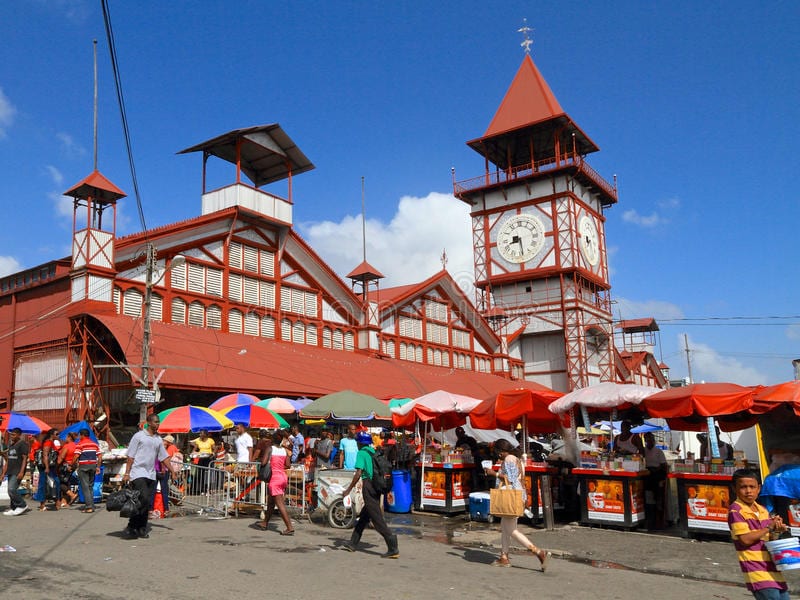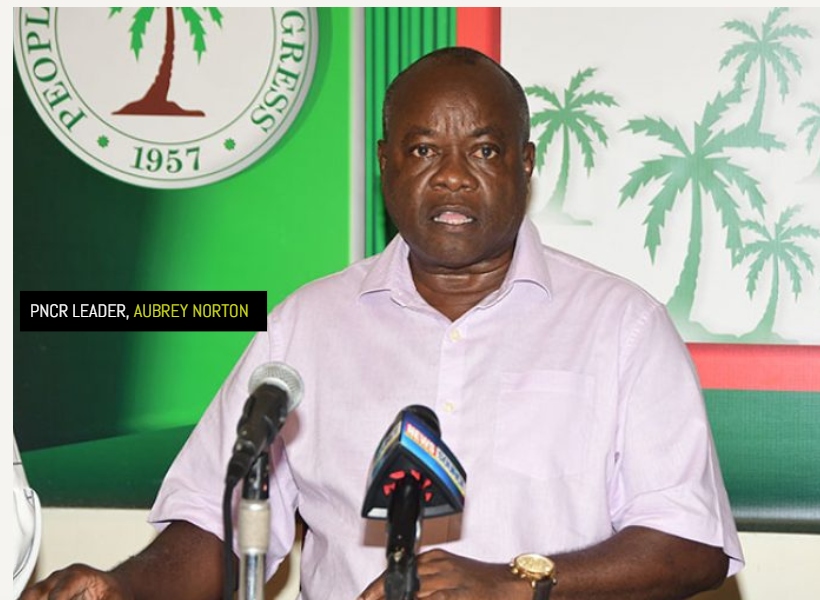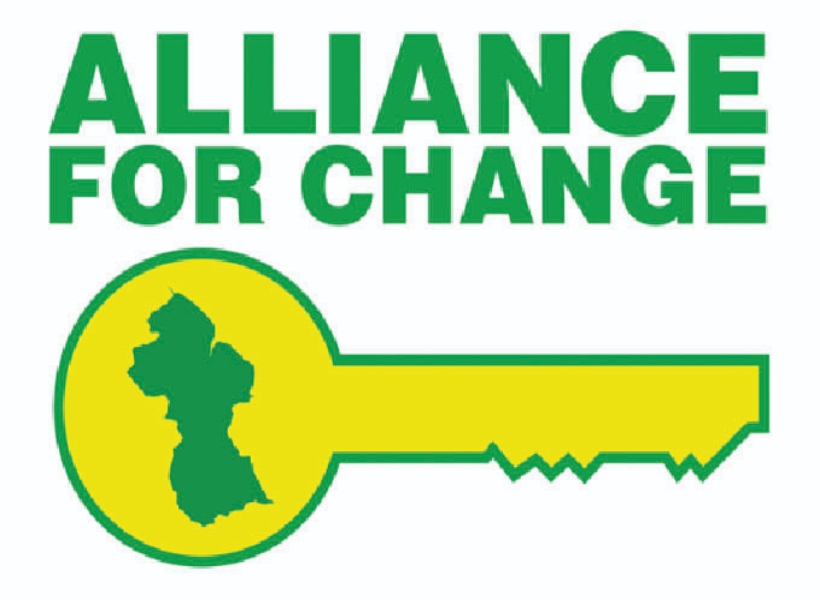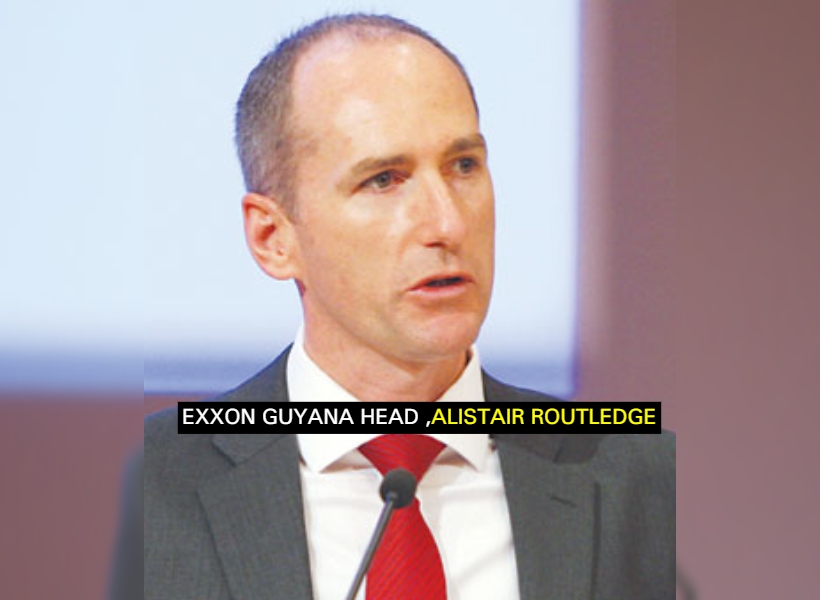Vice President, Dr. Bharrat Jagdeo announced on Thursday that ExxonMobil Guyana Limited has pulled out of discussions for a shallow water block it had won in the nation’s first licensing round.
“Exxon pulled out…they wanted to use the area for carbon capture and storage and we don’t want to do that at this stage.” That was the extent of the official’s comment on the matter during a press engagement.
ExxonMobil Guyana Limited, along with Hess New Ventures Exploration Limited and CNOOC Petroleum Guyana Limited, had secured the shallow water block S8. But discussions were ongoing over the finalization of non-fiscal terms for the new Production Sharing Agreement government had drafted and released to govern all new awards.
Exxon and its partners were adamant that they would not sign the draft agreement as is. They expressed concerns about the punitive measures outlined in the new PSA; the relatively short time period set for aggressive work programmes and the increased red tapes.
ExxonMobil Guyana’s President, Alistair Routledge had told the media that these concerns were communicated to the government as part of its bid proposal.
Routledge had also said that other players in the industry were concerned about the control given to the Minister of Natural Resources. “There are a lot of approvals required under the new PSA that, quite honestly, I do not think the ministry is set up to process, review and generally exercise those functions even if they were the right authority to do that,” the Exxon official had said.
The company President said that the weight of the approvals required and the amount of oversight imposed do not balance well with the expectation of the operator to execute an aggressive work programme.
With respect to the fiscal terms, Exxon and partners had no objections. The government’s modernized Production Sharing Agreement outlines a requirement for a 10 percent royalty, a 10 percent corporate tax, and a 50/50 profit oil split, with a cost recovery ceiling capped at 65 percent annually.
Guyana’s offshore basin has drawn significant global attention since oil was first discovered in May 2015. Now recognized as a gateway to the world’s fastest-growing super basin, the region is estimated to hold potential resources exceeding 25 billion barrels of oil equivalent (boe) and an estimated reserve of over 11 billion boe in the Stabroek block alone.











